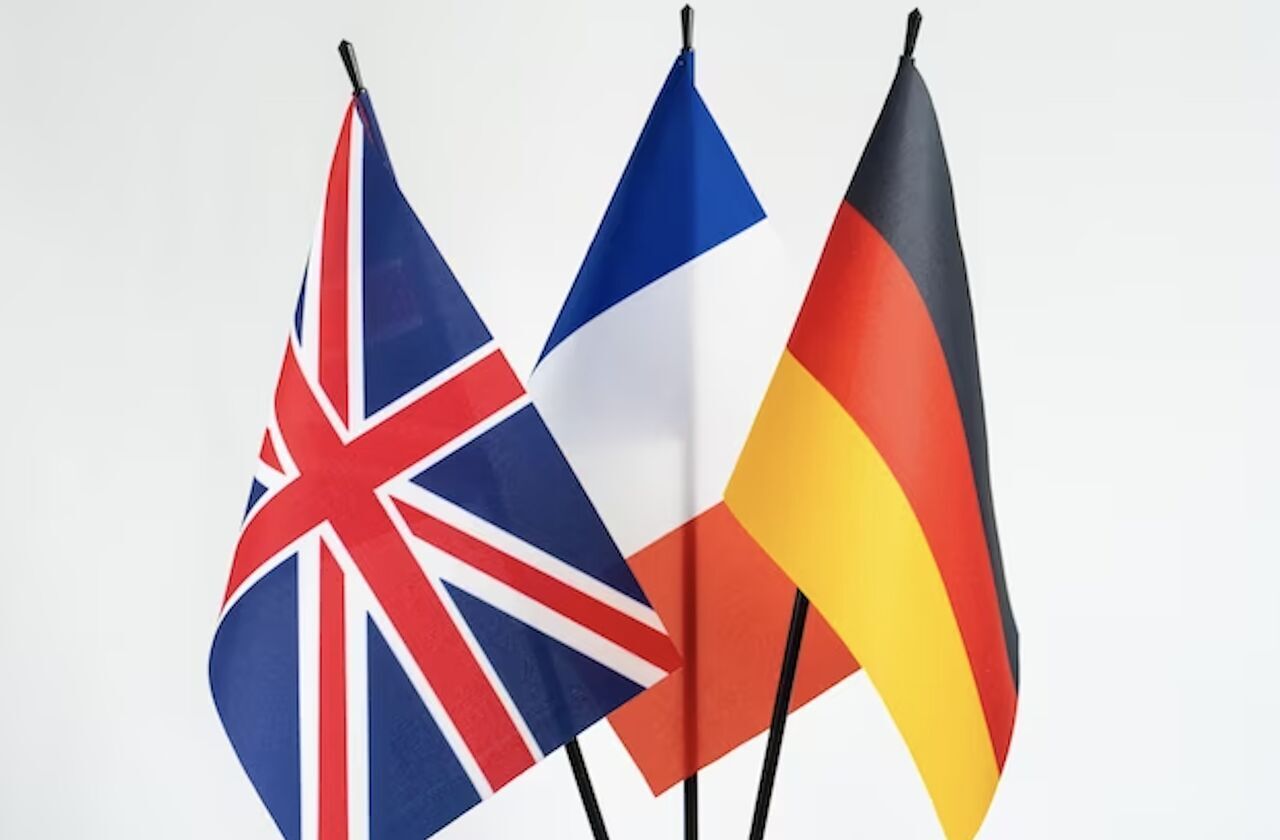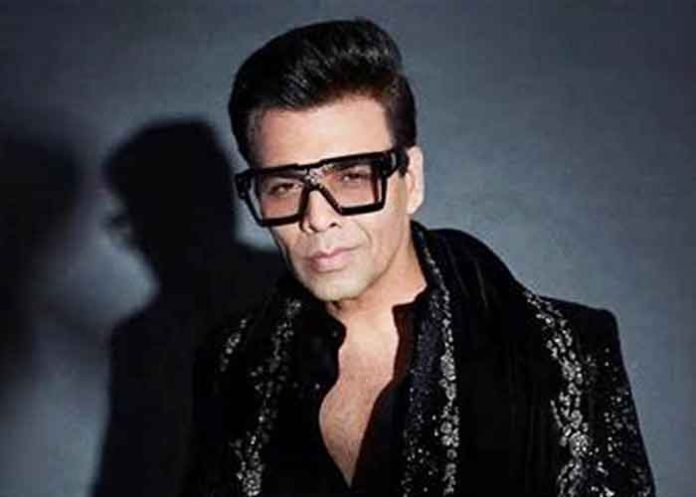
The trio, which pushed for an anti-Iran resolution at the International Atomic Energy Agency (IAEA) Board of Governors a week ago, made the cautious announcement after their representatives met with the Iranian diplomats in Geneva, Switzerland, on Friday (November 29). The British, German and French political directors taking part in the Friday meeting shared the same post on X, saying “UK, French & German Political Directors met their Iranian counterpart Gharibabadi in Geneva today to discuss Iran’s nuclear program & sanctions, bilateral issues & the regional situation. They agreed to continue diplomatic dialogue in the near future.
” Similar comments were echoed by Kazem Gharibabadi, Iran’s deputy foreign minister for legal and international affairs. “Another round of candid discussions with PDs of Fr, Ger and UK. We discussed and took stock of recent bilateral, regional and international developments, particularly nuclear and sanctions lifting issues.

We are firmly committed to pursue the interests of our people, and our preference is the path of dialogue and engagement. It was agreed to continue diplomatic dialogue in near future”, Gharibabadi said on his X account. In an earlier post on X, which Gharibabadi shared following talks with Deputy Secretary General of the European External Action Service Enrique Mora on Thursday (Nov.
28), the Iranian official said that “EU should abandon its self-centered and irresponsible behavior towards issues and challenges of this continent and international matters.” “Europe should not project its own problems and mistakes onto others, including with regard to the conflict in Ukraine. With their complicit behavior towards the ongoing genocide in Gaza, Europe - specifically the three major countries- lack any moral ground to preach others on human rights,” Gharibabadi underlined.
The talks in Geneva came after Iran and the EU agreed to continue consultations, on the sidelines of the 79th session of the United Nations General Assembly in September, and are aimed at exchanging viewpoints to settle disagreements. Also, Iranian Foreign Minister Abbas Araghchi has described the meetings in Geneva as a brainstorming session which would be an opportunity for breaking the current impasse. Despite the negotiations held between the two sides, there are issues that still need to be addressed and seem to be making things difficult as Resolution 2231, which endorsed Iran’s nuclear deal (officially called JCPOA), will expire in October 2025.
Those issues include baseless claims about Iran’s involvement in the Ukraine war, Iran’s remedial actions regarding its nuclear deal, the West’s ungrounded concerns over Iran’s nuclear achievements and Europe’s threats to trigger the snapback mechanism, West Asia issues and the impact of US political developments on Europe. Following the Thursday talks with the Iranian foreign minister’s deputies Majid Takht Ravanchi and Gharibabadi, Mora claimed on his X account that he had discussed “Iran’s military support to Russia that has to stop, the nuclear issue that needs a diplomatic solution, regional tensions (important to avoid further escalation from all sides) and human rights.” In response to Mora’s claims, Gharibabadi said that Europe “should abandon its self-centered and irresponsible behavior.
” Despite the exchange of such messages that show serious disputes, Iran and Europe are willing to give a chance to diplomacy as a way out of the current conditions. 1483**4194.











